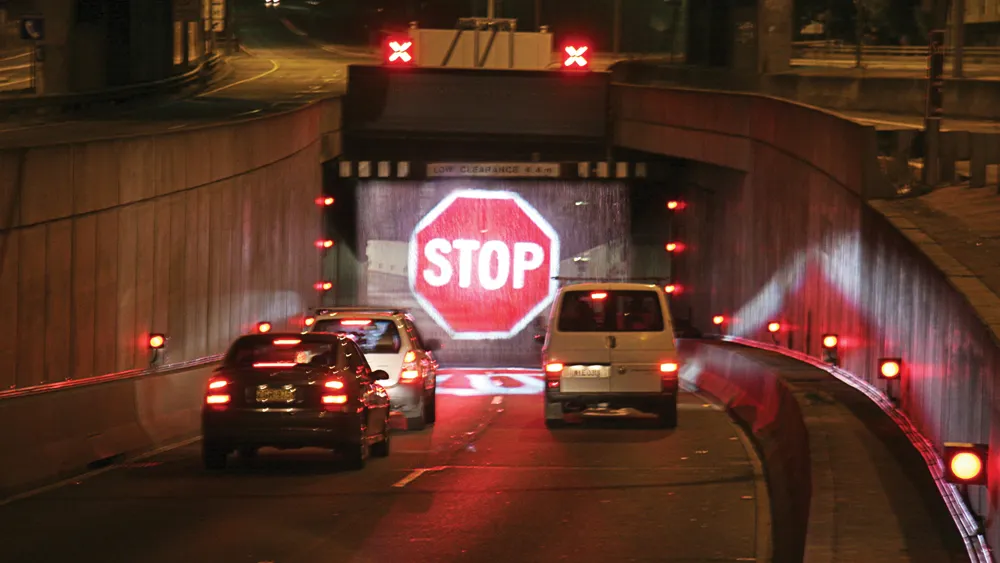For roads and pavements, the company says its unique GripTester is a trailer-based continuous friction measuring device that has been used on Europe’s roads for more than 20 years and can give repeatable, cost-effective results on the skid resistance of a network.
Findlay Irvine says this information can provide a detailed overview of the condition of a network, highlighting areas of concern that require investigation and potential remedial work. It may also highlight areas where projects were about to begin that do not necessarily need to be completed immediately allowing for resources to be better appropriated providing a safer network for road users. The GripTester can deliver data in a number of formats including files compatible with Pavement Management Systems (PMS).
The company says its micro GripTester is now seeing an increase in global use where testing of smaller areas is required, such as high-friction surface dressing, white- line testing, accident or high-incident site testing and pedestrian area testing. The mGT is a portable unit that can be deployed from the boot of a car, or carried as luggage. It has onboard processing, with a computerised water control system, along with built-in GPS.
Cost-effective road condition, friction measurement systems
Findlay Irvine, experts in measuring skid resistance, will use Intertraffic Amsterdam 2016 to feature its GripTester and micro GripTtester that can help road authorities ensure that they meet national and international standards for surface friction.
February 15, 2016
Read time: 2 mins










